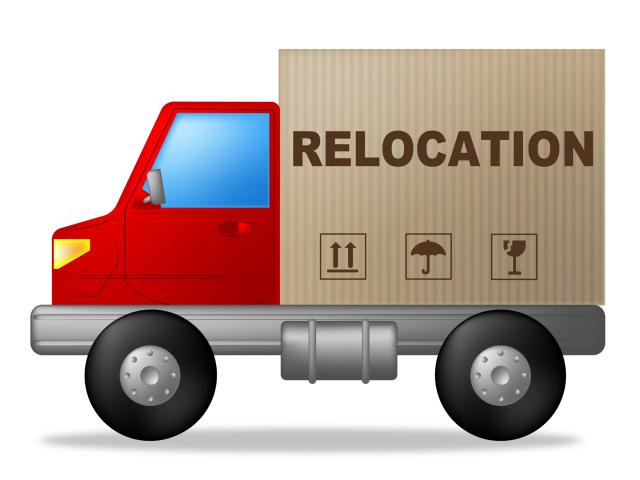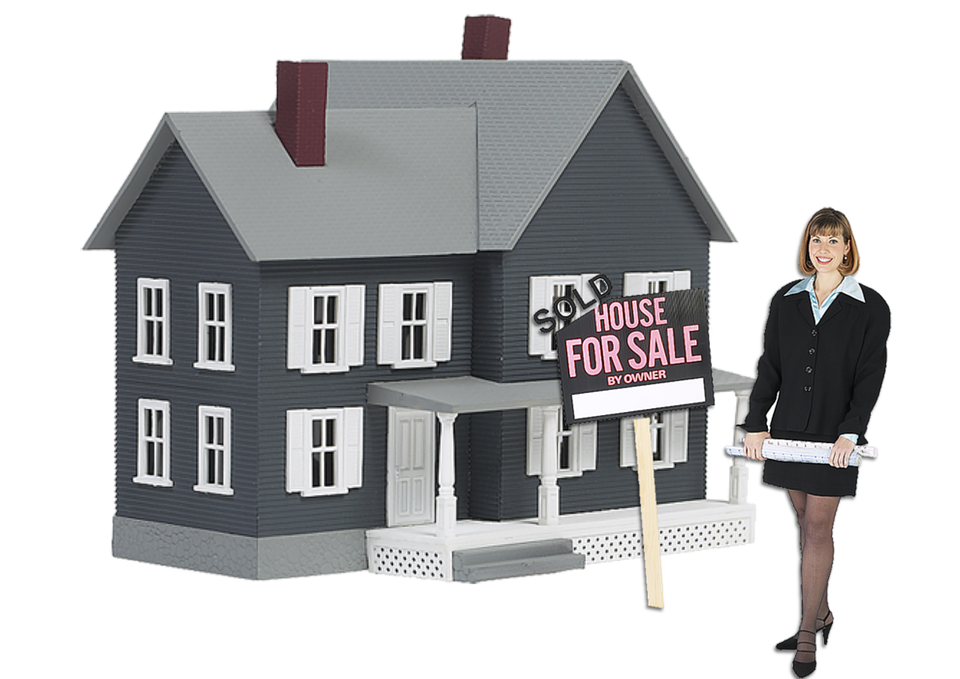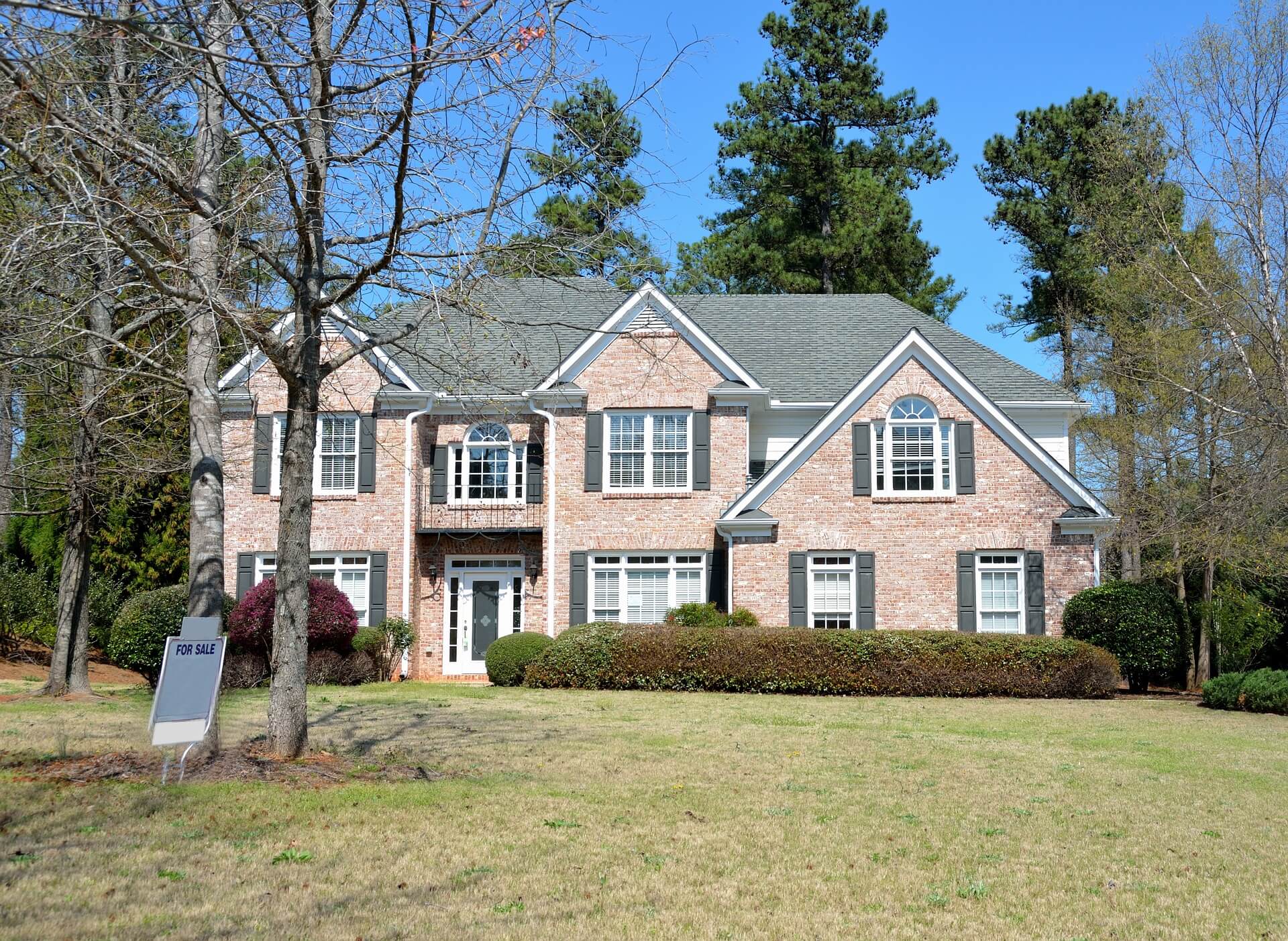They say, for a home, the foundation is just as important as the feet and legs are to us, humans. Be it your home or a high rise; the foundation is what everything rests on. Therefore, getting the foundation right is what ensures a sound and stable building for many years to come.
But how do you ensure a strong foundation for your home or building? Well, it’s a lot more than digging up a hole and pouring concrete. From piers to spread footings, and pilings, strong foundations can be built in a number of ways. Enlisted below are the key factors that you must understand for building a strong foundation for your home.
Consider the Soil Type
Regardless of the foundation type you use for your home, the foundation and footing are designed to support the weight of your home. Now, how well it supports your home depends on what type of soil the foundation is resting on.
For instance, if you are working with dry or dense soil, it is less likely to settle after the house has been built while if the site has wet or soft clay, the foundation is much likely to settle in an effective way.
Make sure you evaluate the soil before deciding the type of foundation so that there are no moisture retention issues in the future.
Keep the Foundation Dry
Most of the construction materials are not waterproof. The surface water tends to seep inside the walls and leads to a big interior problem. It does not matter which foundation type you prefer, but the damp space will lead to high growth of fungus and mildew.
For a strong foundation, make sure that the waterproof coating is brushed on the outside of the foundation. A perforated pipe is placed around the perimeter so that it can catch extra water and drain it away. Also, construction experts recommend building the house above a grade so that water gets drained away itself.
Make Use of Screw Piling
One of the best methods to lay down a deep and strong foundation is using screw piles. Screw piles can be used under the footings to ensure that the foundations do not shake if the ground moves.
The installation time is just 6-15 minutes per pile, and the homes can be built directly on to it. Engineers highly recommend helical screw piles for ensuring strong foundations. Screw piles experts in Sydney can help you leverage the technique for building strong and stable foundations.
Keep an Eye on Minor Cracks
The key to a strong foundation is to fix all the minor cracks that occur during the time of construction.
Small hairline cracks can be fixed easily. But, if the crack is narrow or has a bigger configuration-it indicates that the foundation has an uneven setting.
The most troublesome crack is the ‘horizontal crack,’ which means there is a major structural failure in the entire wall. Whether vertical or horizontal, keep an eye on all the cracks so that an even and a strong foundation is built for your home.
Use Proper Detailing
While designing and building a secure, stable, and a trouble-free haven, use the proper detailing so that no glitches and blips trouble you later on. Not all issues are part of a foundational problem, but the proper investigation is necessary for the longevity and strength of your foundation.
Getting the footings and foundation right will go a long way in ensuring a secure and stable building for the years to come
Read More:
- Safety Triangle: Three Things Your Soon-To-Be House Must Have
- 5 Myths About Roofing Services To Avoid
- DC Metro Area Real Estate Update
- How Real Estate Factors Into Business Decisions
- Buying Your First Home In St. Louis
- Why You Must Embrace Green Home Technologies?
























